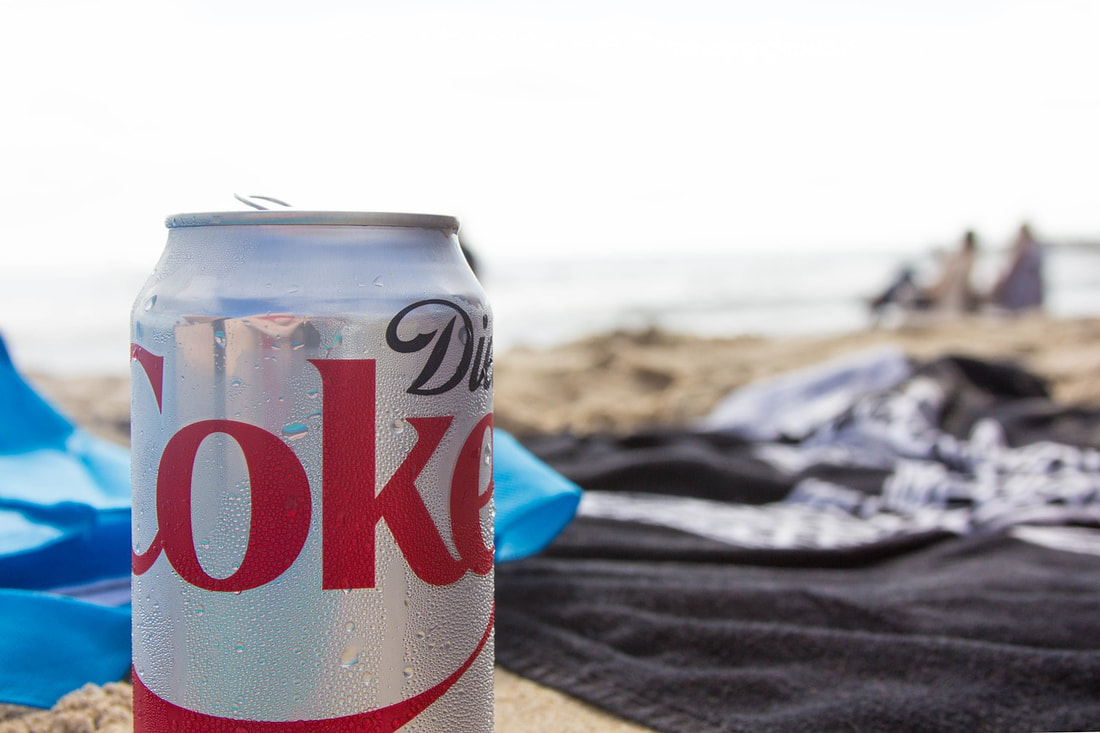|
Class action lawsuits accusing major soda manufacturers Coca-Cola, PepsiCo and Dr Pepper Snapple of unfair and deceptive business practices and false advertising for labeling their artificially sweetened drinks "diet" were filed this week in federal court in New York. The lawsuits have separate plaintiffs, but they are all represented by the same law firms and make similar arguments.
Also read, Artificial sweeteners raise risk of type 2 diabetes, study suggests. The three lawsuits say a product labeled "diet" makes consumers think it will help them lose weight, but cite scientific studies indicating that artificial sweeteners may actually cause consumers to gain weight. "Some research has shown that sweetness — whether from sugar or noncaloric, artificial sources, increases appetite, which can lead to weight gain. Moreover, inconsistent coupling between sweet taste and caloric content can lead to compensatory overeating and positive energy balance,' " the lawsuits all state. Representatives from the soda companies and attorneys said they don't believe the lawsuits will go far. They say the Food and Drug Administration has allowed the term "diet" when it is not false or misleading, and the soft drink companies' use is completely legal. According to the Code of Federal Regulations, a soft drink can be labeled "diet" as long as that label is not deemed "false or misleading." The terminology, long used by soda companies to designate sugar-free and low-calorie varieties, has been around and widely used for decades. The terminology has survived other recent challenges. In 2015, a petition from consumer group U.S. Right to Know made a similar request of the federal government: that the "diet" label on soda be ruled misleading. The Federal Trade Commission denied the petition. The FDA never acted on it. But acceptance of the term doesn't mean that it's still relevant. These lawsuits may change the way that soft drinks and other products are labeled. Today's consumers don't diet like they did a generation ago, and the label "diet" means something different to everyone. Outside of beverages, the generic "diet" label isn't on many products anymore. Instead of following the generic low-sugar, low-fat diet of yesteryear, consumers watching what they eat now may prefer products with more well-rounded health halos, things that are less processed, or items that help them follow specialized diets such as paleo and keto. Regardless of how the court rules, manufacturers may take a look at the label claim and realize it is not specific enough to describe what a consumer is getting from a sugar-free, low-calorie soda. Manufacturers may want to ditch the "diet" name anyway. While soda's overall market share has been falling over the last several years, diet soda's share has plunged much more quickly. Diet beverages have fallen out of favor with consumers, possibly because of their artificial sweeteners, or because of studies linking diet soda consumption with health and weight issues. But with few conversations about diet soda on social media, the drinks will only continue to lose their market. Soft drink companies have started to innovate with sugar-free drinks with more plain product labels. The highly anticipated U.S. launch of Coca-Cola Zero Sugar, which is a zero-calorie sugar-free reformulation, hit shelves in August. Pepsi Zero Sugar is a similar sort of beverage — though it contains more caffeine than the regular version. Meanwhile, Dr Pepper TEN is a 10-calorie version of the manufacturer's classic drink. All of these beverage names say much more than "diet" — and may mark the beginning the end of traditional diet drinks in the marketplace. SOURCE Megan Poinski, Food Dive
0 Comments
Leave a Reply. |
Advertisement
News & Updates
Stay informed with the latest news around foodservice, agriculture and other related food news. Advertisement Opportunities
|


 RSS Feed
RSS Feed


